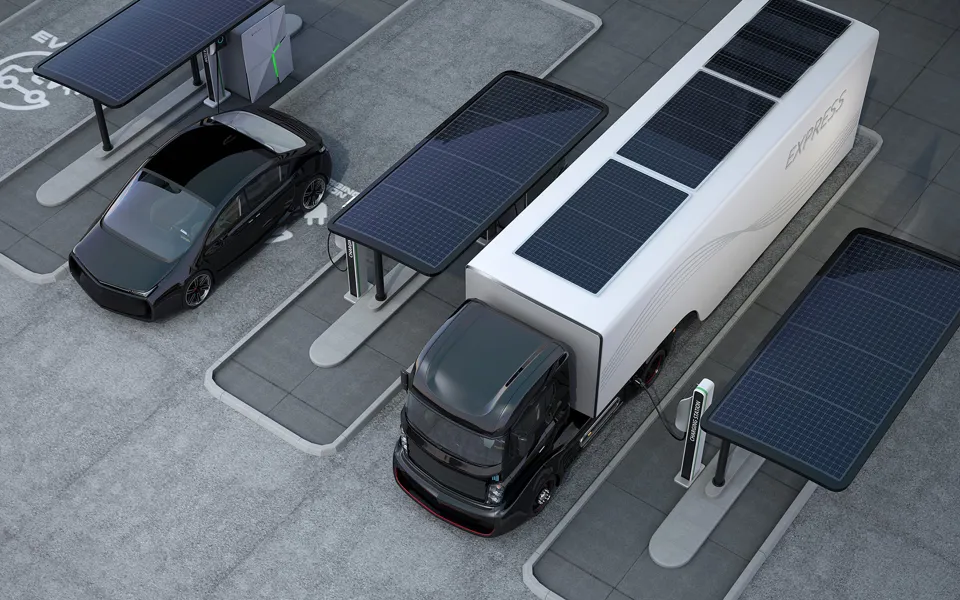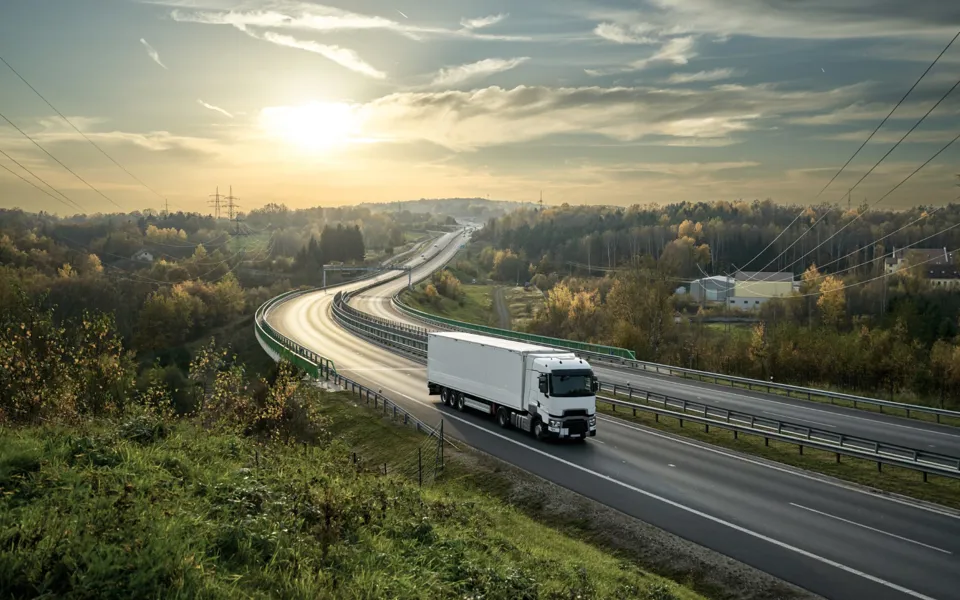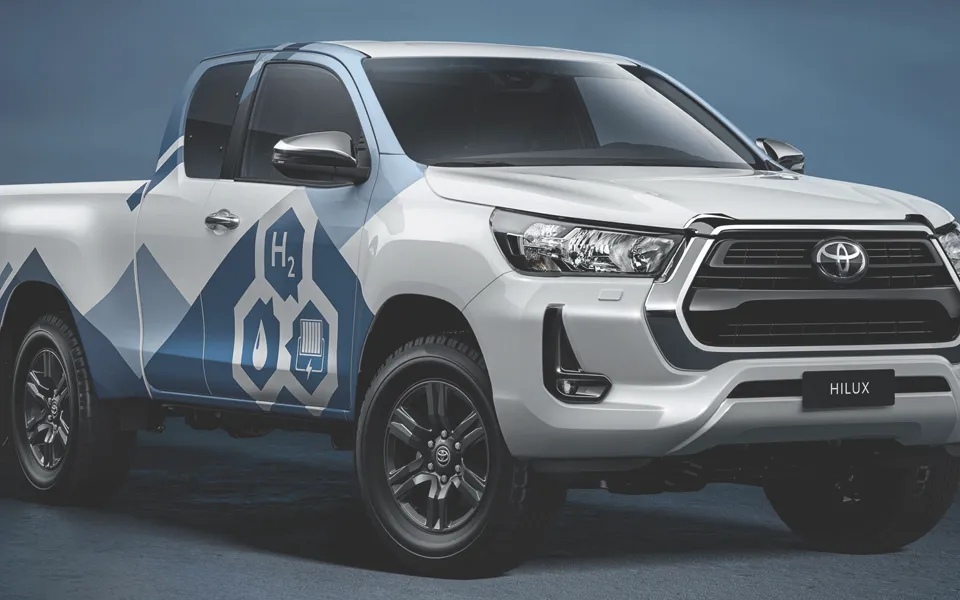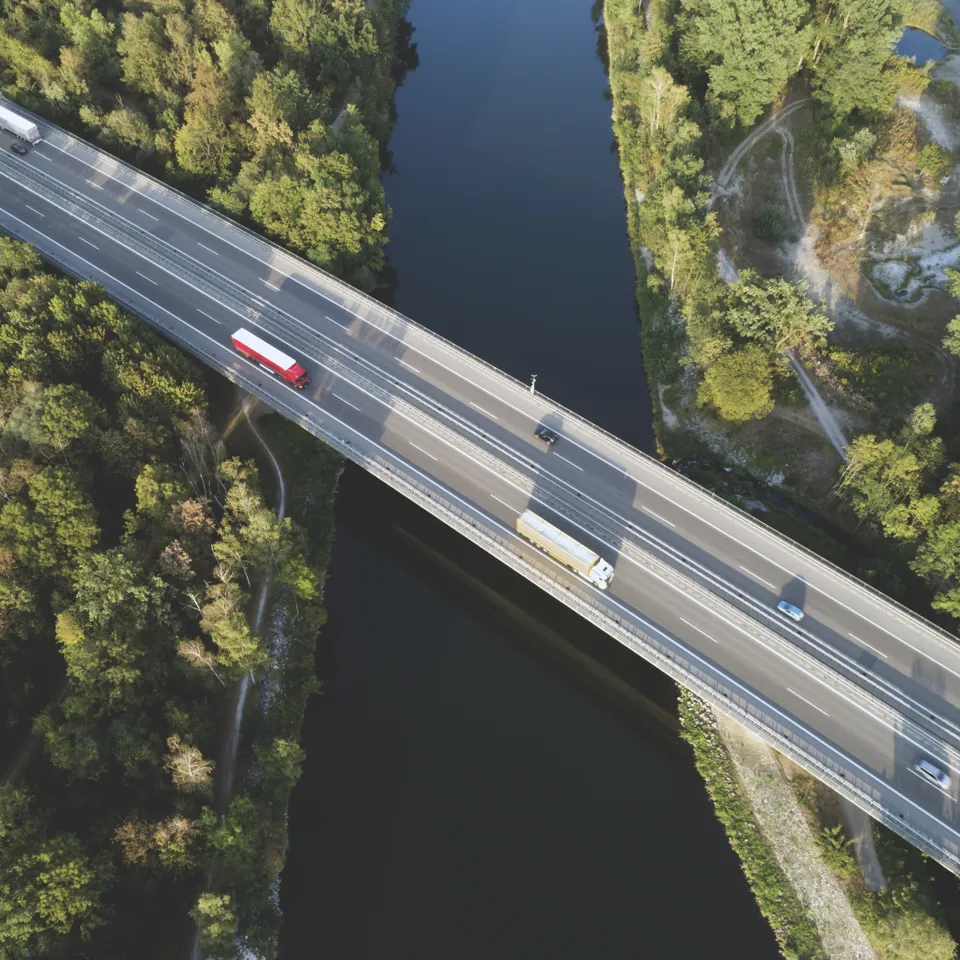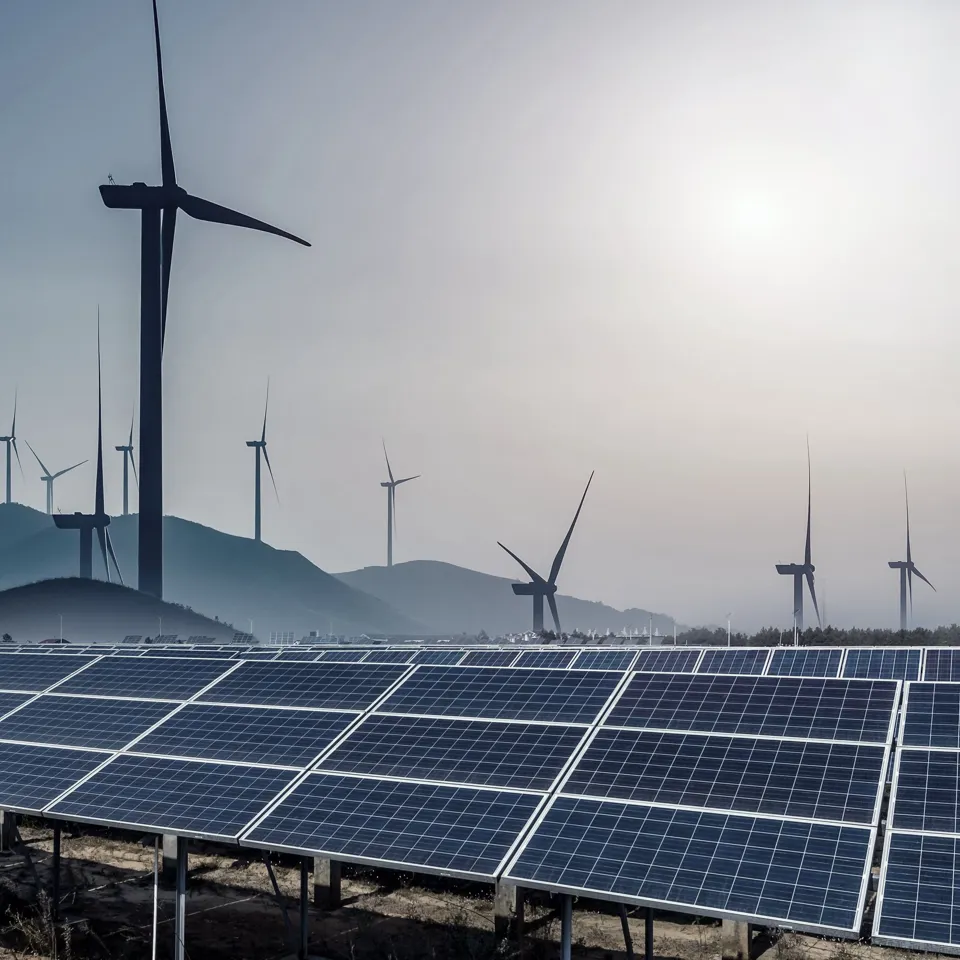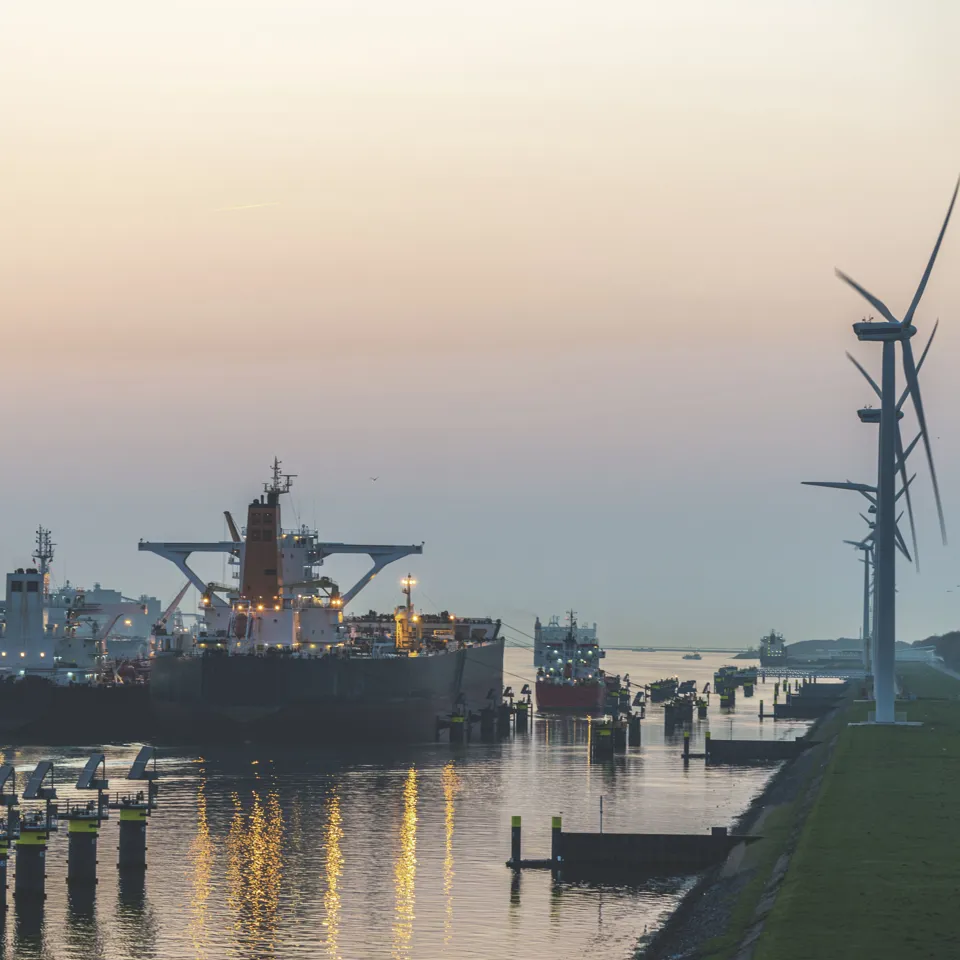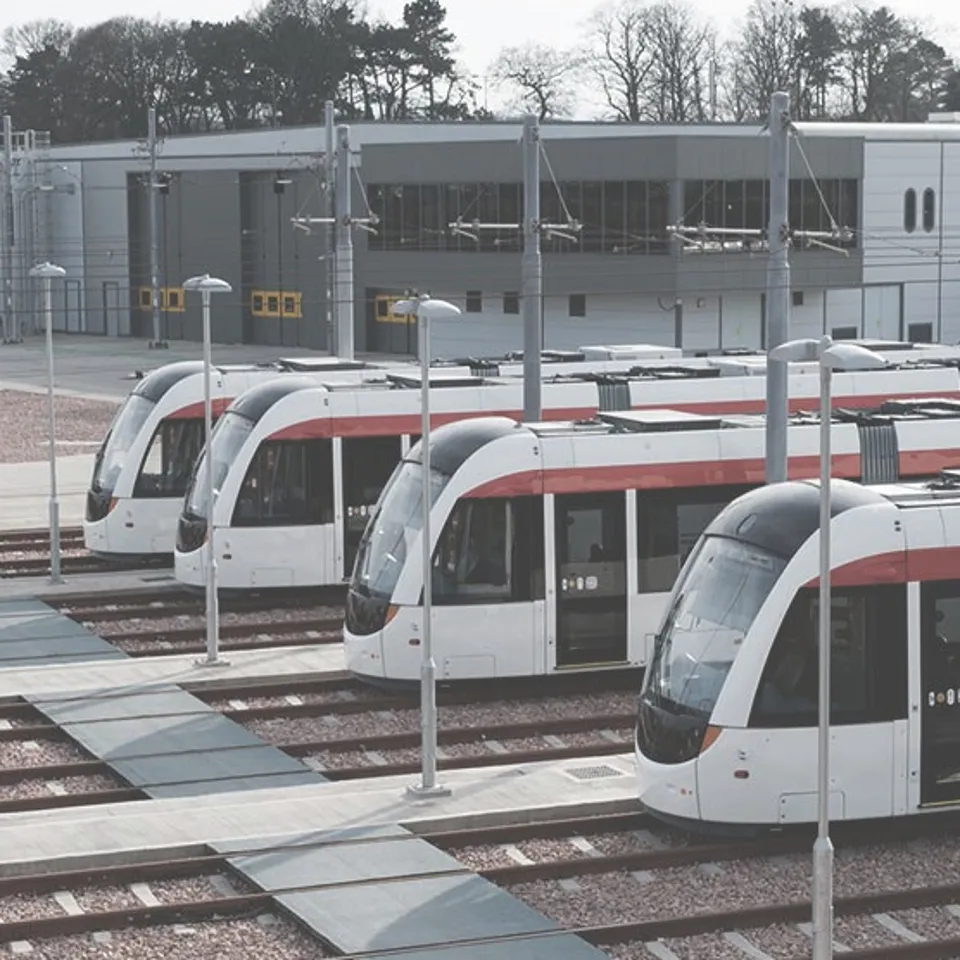Hydrogen consultancy
Our experience
Hydrogen is a versatile energy carrier that provides a huge potential to drive our transition to a future of clean energy.
We provide comprehensive and independent guidance on all types of hydrogen projects across all sectors, and are trusted by industry leaders and governments. We've helped clients with understanding the market, impacts on organisations, communities and countries, and can provide guidance on emerging hydrogen-based technologies.
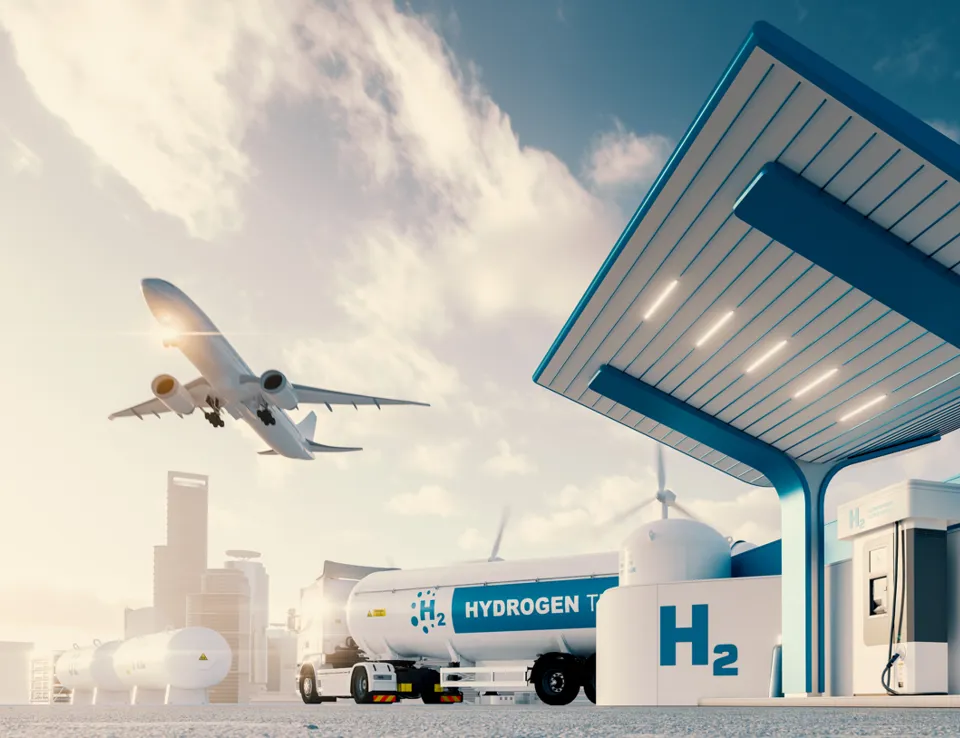
Hydrogen consultancy
Our experience covers all aspects of project delivery, from strategy, planning and feasibility, including: market assessment to determine the potential of hydrogen technology in your sector and sites; emerging policy and the associated support mechanisms and certification; costs and benefit assessment including capital and operational costs, fuel supply, storage and use and the energy and environmental impacts; and feasibility studies including technical and economic analyses of your proposed plans and selection of sites.
Decarbonising industrial sites with hydrogen
- Market assessment to help you understand the developing hydrogen market and determine the potential of hydrogen technology in your sector and sites
- Understand the emerging policy and the associated support mechanisms and certification
- Assess the costs and benefits of hydrogen, including capital and operational costs, fuel supply, storage and use and the energy and environmental impacts
- Undertaking feasibility studies (including technical and economic analyses of your proposed plans) and selection of sites
- Technical advisory services covering FEED (front-end engineering) services through to construction and commissioning
- Procurement advice such as equipment datasheets and specifications
- Determining financial and commercial viability of projects
- Undertaking feasibility studies (including technical and economic analyses of your proposed plans) and selection of sites
- Assessing and selecting the correct technology as well as establishing proof of concept
- Advising on funding options available
- Due diligence of risk both from a technical and environmental perspective and lender's technical advisor role
- Provide training and support for the safe use of hydrogen
- Assess the environmental performance though life cycle assessment
- Technical analysis, risk management, due diligence, and financial advice to deliver a high performing energy project
- Project execution plan reviews
- Site auditing and quality control
A major sector where hydrogen has a real potential to make a difference is in maritime transport. In order to meet decarbonisation targets, the shipping industry must begin replacing traditional heavy bunker fuel with new zero carbon shipping fuels generated from renewable energy within this decade.
Recently we have supported clients in the sector such as the IMO, Ocean Conservancy and P4G in providing economic and market assessments of shipping sectors and locations that will benefit most from the switch to greener fuels.
Providing an awareness of the risks associated with the transport, storage and utilisation of alternative fuels, including hydrogen, ammonia and methanol, courses provide details on the potential hazards and physical properties and practical, hands-on response workshops.
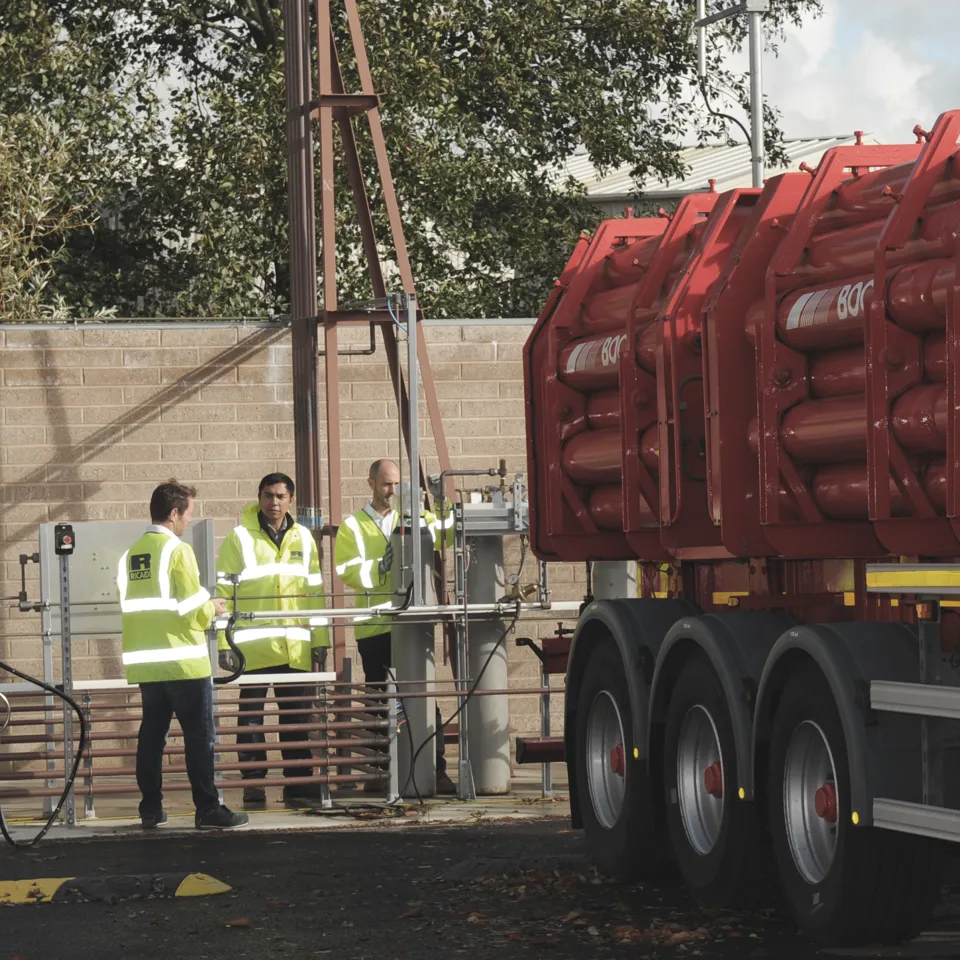
Hydrogen consultancy Resources






